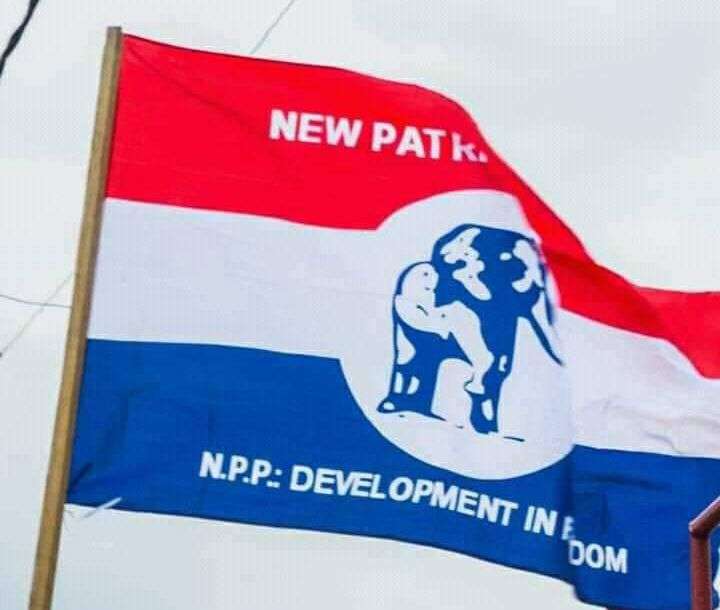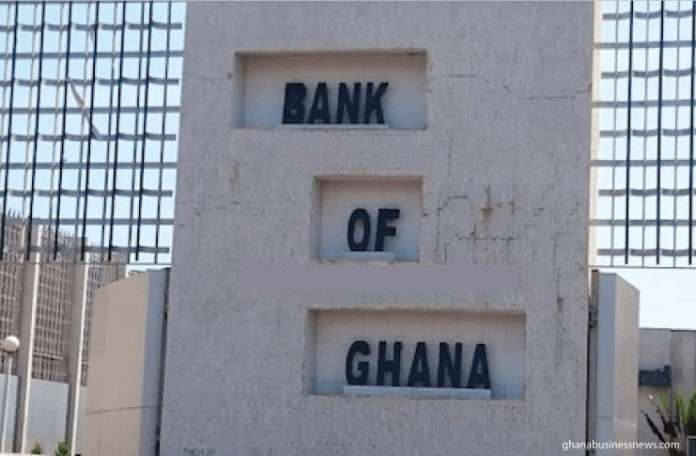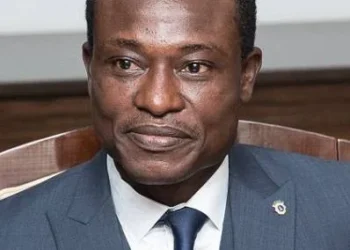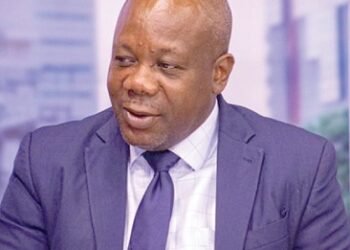The recent decision by the Bank of Ghana (BoG) to reinstate nearly 100 employees whose appointments were previously revoked has drawn both praise and criticism from the public, reigniting debate about fairness, transparency, and leadership within Ghana’s top financial institutions.
Franklin Cudjoe, President of IMANI Africa, welcomed the move, describing it as a sign of empathy and principled leadership.
The policy analyst, who has been vocal on matters of governance and public accountability, regarded the reversal as a much-needed correction, especially given the uncertainty that surrounded the initial decision.
He described the Bank of Ghana’s backtracking as a positive example that not all leaders are indifferent to public sentiment and institutional fairness.
“5 days ago, I was one of a few non-state actors who questioned the basis for the bank’s decision. The responses were not clear…This [reversal of dismissal] would never have happened under some people. [This is] one more testimonial that some leaders are different and humane.”
Franklin Cudjoe
Cudjoe also expressed optimism that others in similar positions across various public institutions, particularly those employed before the December 7 cutoff date, might also see justice done.
He referenced the Ghana Revenue Authority (GRA) in particular, hinting that ongoing efforts are underway to advocate for fairness in similar cases.

However, the decision did not sit well with all observers. Patrick Kwarteng Sarpong, a prominent New Patriotic Party (NPP) figure widely known as P.K. Sarpong, offered a starkly contrasting opinion.
He argued that the reversal of the terminations was not a move to be applauded but rather an admission of error or worse—a politically motivated correction under pressure.
In his assessment, the Bank of Ghana initially offered a clear rationale for dismissing the nearly 100 staff members.
The official letters, signed by Lucy Sasu, the bank’s Head of Human Resource and Capacity Development, cited poor performance during probation periods as the grounds for termination.
According to Sarpong, the institution had a legitimate basis for its actions, rooted in performance evaluations.
Accordingly, he questioned the logic behind reinstating employees who had ostensibly failed to meet standards during their probation.
“The question now is, have they been subjected to another round of probation for another assessment, which has turned out to be more than satisfactory to trigger their recall? No!”
Patrick Kwarteng Sarpong
Bank of Ghana’s Motive Questioned
Patrick Kwarteng Sarpong further suggested that the real reason behind the dismissals had more to do with perceived political affiliations than actual job performance.
He claimed the affected employees were let go not because they underperformed, but because of suspected ties to the NPP.

“Agitations from the Minority Caucus, CSOs, and those of us who chastised the Governor and his people have led to the restoration of these victimized workers. This is why no one should heap any form of praise on Johnson Asiamah for reversing the earlier decision. These people never mean well for Ghana.”
Patrick Kwarteng Sarpong
Sarpong’s broader concern was that such reversals set a troubling precedent. If personnel decisions within high-profile state institutions like the Bank of Ghana are seen as susceptible to political influence, public trust could erode significantly.
According to him, these kinds of reversals raise serious concerns about governance and accountability at the highest levels.
In the end, the Bank of Ghana’s reinstatement of the dismissed staff members has opened up broader discussions about transparency, political neutrality, and institutional independence.

While some see it as a welcome show of compassion and correction, others view it as a decision taken under duress and devoid of proper justification.
As Ghana continues to grapple with issues of public sector reform and accountability, the conversation surrounding the Bank of Ghana’s recent decision is likely to remain a point of reference in assessing institutional leadership.























